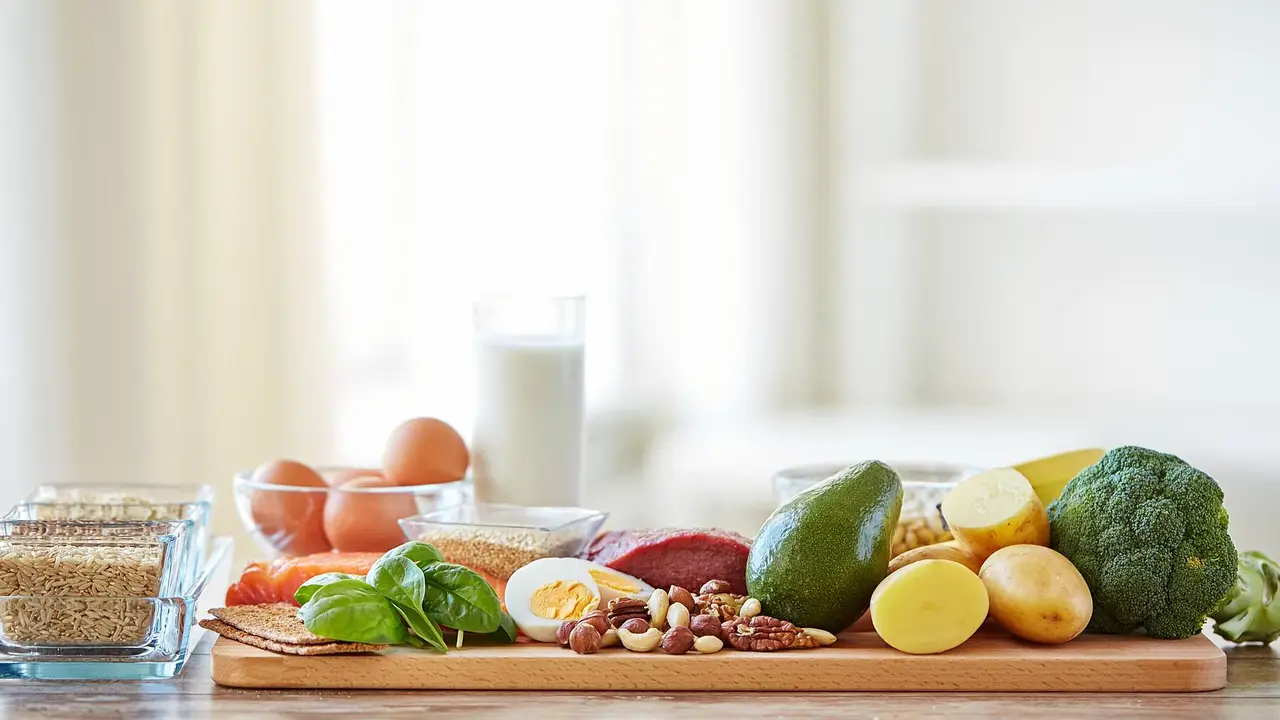Guava Dietary Supplements: What They Do and How to Use Them
Most people think of guava as a tasty tropical fruit. But the fruit, leaves, and concentrated extracts are showing up in supplements for digestion, blood sugar control, and general antioxidant support. This page gives clear, practical advice on what guava supplements offer, how to use them, and what to watch out for.
What guava supplements offer
Guava is naturally rich in vitamin C, fiber, potassium, and antioxidants like lycopene (especially in pink guava). Supplements aim to capture those benefits in easy forms: capsules, powders, leaf extracts, and teas. People use them for a few main reasons:
- Immune support: high vitamin C helps basic immune function and can reduce oxidative stress.
- Digestive health: fiber from fruit powder and compounds in leaves can ease mild digestive complaints and support regularity.
- Blood sugar support: some trials with guava leaf extract show modest lowering of post-meal blood sugar. That makes it popular among people watching glucose levels.
- Antioxidant and skin support: lycopene and other antioxidants may help cell health and skin appearance over time.
How to use guava supplements and stay safe
There’s no single standard dose for guava supplements. Product labels vary: many leaf-extract capsules are 250–500 mg, while powders offer 1–2 grams per serving. Follow the manufacturer’s directions, start with the lowest suggested dose, and try it for a week to check how your body reacts.
Practical tips: mix powder into smoothies or yogurt, take capsules with food to lower stomach upset, and use brewed leaf tea if you prefer a gentle, traditional approach.
Safety notes: guava supplements can affect blood sugar, so anyone on diabetes medication should check with their provider before starting. If you take blood pressure meds or plan surgery, ask your doctor — herbal extracts sometimes interact. Pregnant or breastfeeding people should avoid supplements unless a clinician approves. Side effects are usually mild (stomach upset, constipation or loose stools), but stop if you notice an allergic reaction like rash or swelling.
Picking a quality product matters. Look for: transparent labels that list leaf vs. fruit, standardized extract percentages if available, third-party testing seals (USP, NSF, or independent lab reports), and minimal fillers or additives. Avoid products that promise miracle cures or list a long blend of unnamed proprietary ingredients.
Final tip: use guava supplements as a small part of a healthy routine — balanced food, exercise, and proper medical care. If you want to experiment, try a single product for a few weeks, track any changes (digestion, energy, blood sugar readings if relevant), and discuss results with your healthcare provider. That way you’ll know if guava fits your needs without guessing.

